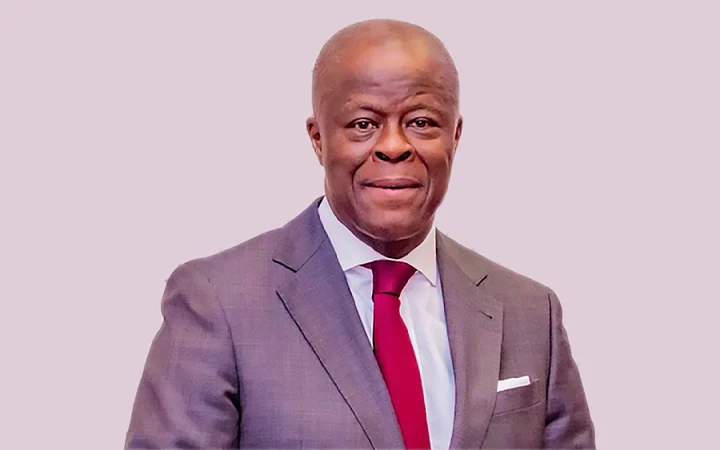The Federal Government has announced the suspension of the controversial 4 percent Free-on-Board (FOB) import duty levy earlier imposed by the Nigeria Customs Service on imported goods. The directive, issued by the Ministry of Finance, came after weeks of outcry from importers, trade associations, and business stakeholders who argued that the charge would worsen inflation and cripple trade activities across the country.
The 4% FOB levy, introduced in August under provisions of the Customs Act, was meant to replace existing charges and provide sustainable funding for Customs operations and trade supervision. However, importers and clearing agents quickly raised concerns that the fee was being imposed on top of existing levies, thereby inflating the cost of clearing goods. They warned that this would increase the landing cost of imports, drive up consumer prices, and deepen Nigeria’s already difficult inflationary pressures.

Faced with mounting criticism, the Minister of Finance and Coordinating Minister of the Economy, Wale Edun, ordered the suspension of the levy, directing the Comptroller-General of Customs to immediately halt its implementation. The ministry explained that while the policy was designed to enhance revenue mobilisation and streamline charges, its unintended impact on trade, competitiveness, and economic stability could not be ignored.
Importers and traders have since welcomed the government’s decision, describing it as a relief for businesses already struggling with rising exchange rates, high freight charges, and escalating operational costs. Trade unions said the suspension would ease the burden on supply chains and prevent further hikes in commodity prices. They also urged the government to consult widely before introducing any new levies, stressing the importance of balancing revenue needs with business sustainability.
The suspension also signals government’s willingness to review fiscal and trade policies to ensure they align with the broader goal of promoting growth. Analysts note that Nigeria is currently battling to moderate inflation, stabilise foreign exchange, and restore investor confidence. By stepping back from the levy, the government has shown responsiveness to stakeholders, but experts caution that a more comprehensive framework is needed to address the persistent inefficiencies in customs administration and trade facilitation.
The policy will now undergo review, with the Ministry of Finance expected to engage with stakeholders in designing a more equitable approach. Government officials hinted that future measures would aim to simplify import duties, enhance compliance, and generate revenue without stifling economic activity.
For now, importers are optimistic that the suspension will reduce the immediate cost of doing business and slow down inflationary trends. However, they remain cautious, noting that unless long-term reforms are implemented to improve Nigeria’s trade environment, the relief could be temporary.
The decision has also revived debate on the country’s reliance on import-based revenue strategies. Economists argue that Nigeria needs to focus on diversifying exports and strengthening local production rather than overburdening imports with new taxes. According to them, while customs levies play a role in revenue generation, poorly structured policies risk harming businesses and discouraging trade flows.
With the suspension, customs officials have been directed not to collect the levy, and businesses are now waiting for the government’s next move. The challenge for policymakers will be striking the right balance between generating revenue for the state and ensuring that Nigeria remains competitive and attractive for trade.
At a time when the government is seeking to stabilise the economy, boost productivity, and support private sector growth, the handling of this levy will serve as a test of its commitment to business-friendly reforms. Stakeholders say what comes next will determine whether the suspension is merely a temporary concession or the start of a more sustainable trade policy framework.
Support InfoStride News' Credible Journalism: Only credible journalism can guarantee a fair, accountable and transparent society, including democracy and government. It involves a lot of efforts and money. We need your support. Click here to Donate
